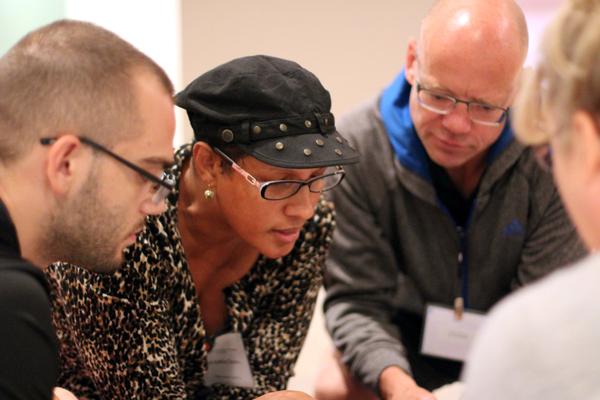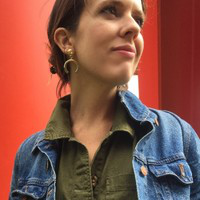
Kirsten McNally
Kirsten is an educator, artist, and administrator residing in New York City, where she is the Manager of Integration Programs at Cooper Hewitt Smithsonian Design Museum. She has worked in both school and museum settings, and hopes to create and sustain bridges between the two. In her current role, she works with teens, K-12 educators, and college students to integrate design into their practices and classrooms. Prior to this, she worked as the Director of Museum Programming at Children’s Museum of the Arts, as well as PS 20 Clinton Hill in Brooklyn, New York. She has a BFA in Photography and MAT in Art Education from Rhode Island School of Design, as well as an M.S. Ed. in Leadership in Museum Education from Bank Street Graduate School of Education.
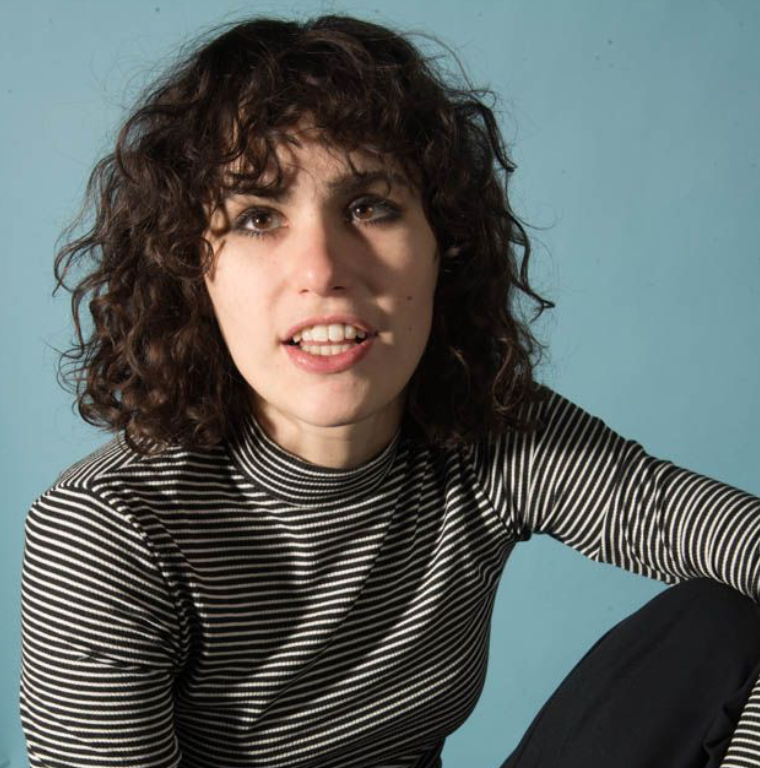
Cecilia Vidal
Cecilia Vidal is the Education Associate of Integration Programs at Cooper Hewitt. She received her BFA in Interdisciplinary Sculpture from the Maryland Institute College of Art. She has held educator roles at the Wyckoff Farmhouse Museum and the Bowne House Museum, as well as internship positions at the Museo de Arte Contemporáneo de Puerto Rico and the Walters Art Museum in Baltimore, MD.
National Museum of African American History and Culture
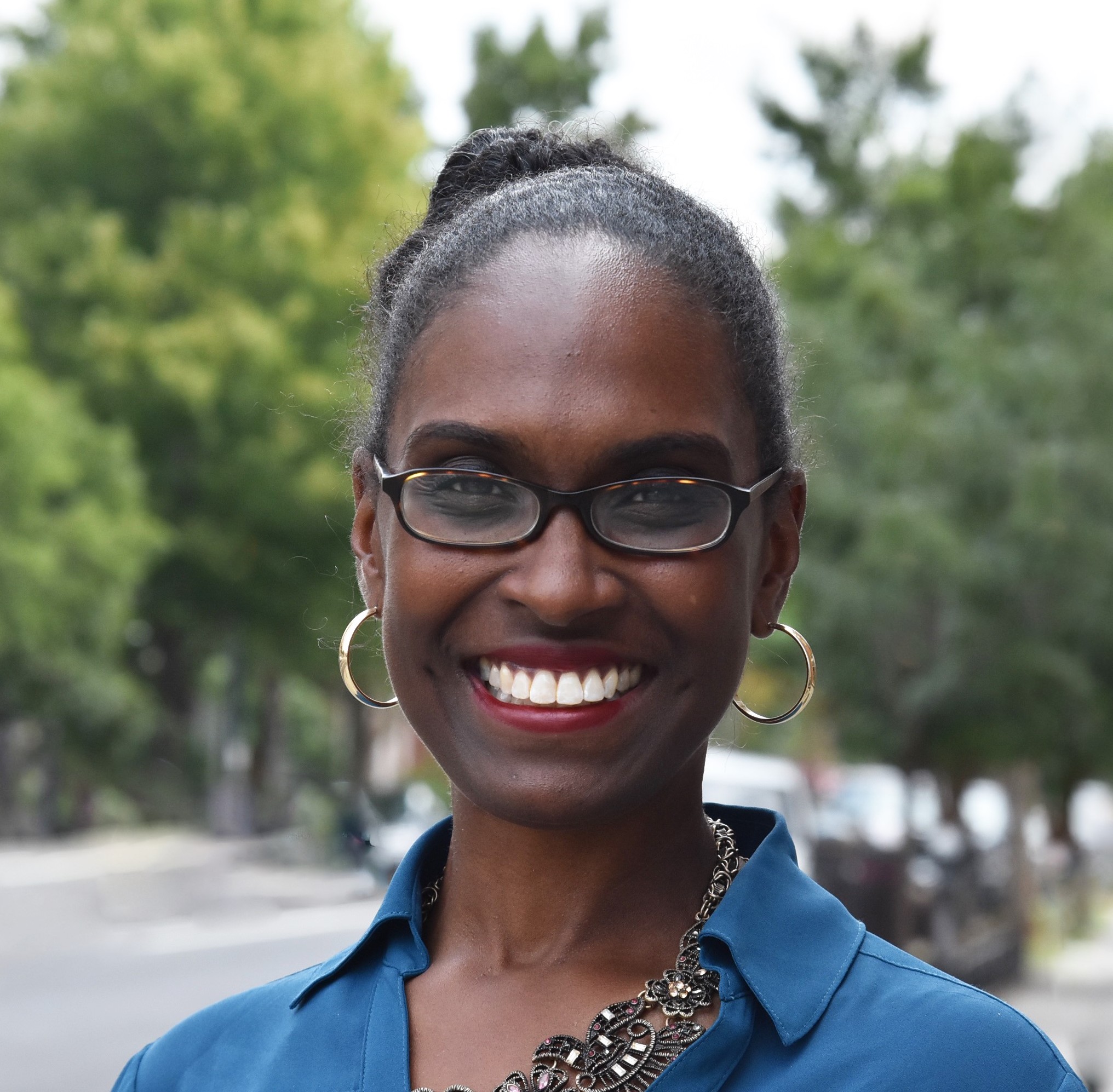
Candra Flanagan
Candra Flanagan is the staff lead for the Teaching and Learning unit of the Education Department at the National Museum of African American History and Culture. In this current role she oversees the development of programming and resources to assist educators in incorporating African American history in their classroom; researches and creates educational publications for use by the general public and educators; and strategizes the role of NMAAHC in the professional development of educators. Candra is dedicated to establishing research-based, audience-appropriate K-12 initiatives for educators and students. With a degree in History from the University of Maryland College Park, a degree in Social Foundations of Education and advanced coursework Educational Policy from the University of Virginia, she is passionate about the intersection between formal and informal learning as well as cultivating and encouraging life-long learning in educators.
National Museum of American History
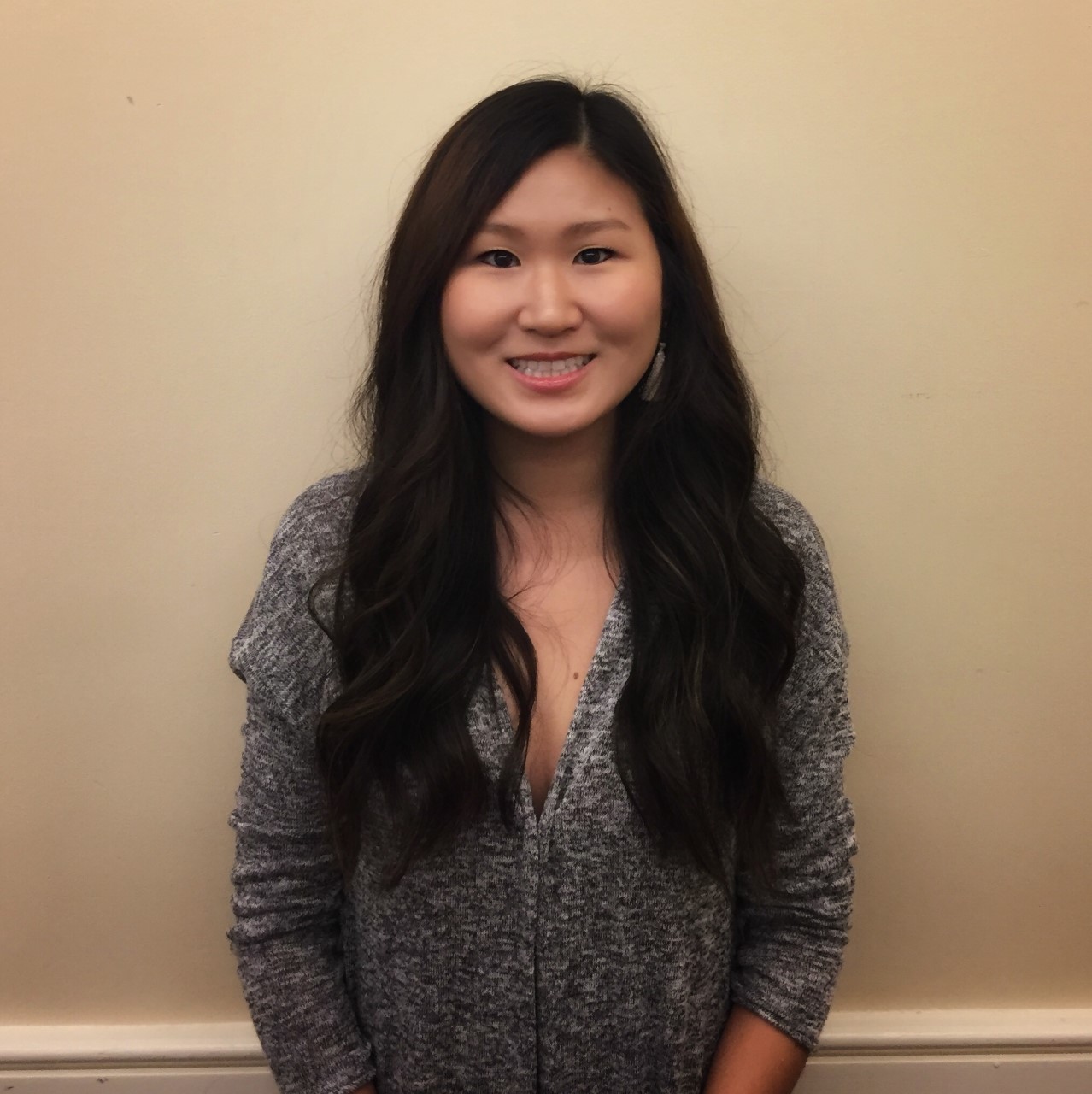
Eden Cho
Eden is an Education Technologist at the Smithsonian's National Museum of American History. She manages the educational digital platforms and supports the development and dissemination of PK-12 resources. She is passionate about informal learning and breaking down the misconception that museums should be quiet spaces. Eden has a M.A. in Museum Studies from Johns Hopkins University and a B.A. in Art History from the University of Maryland, College Park.
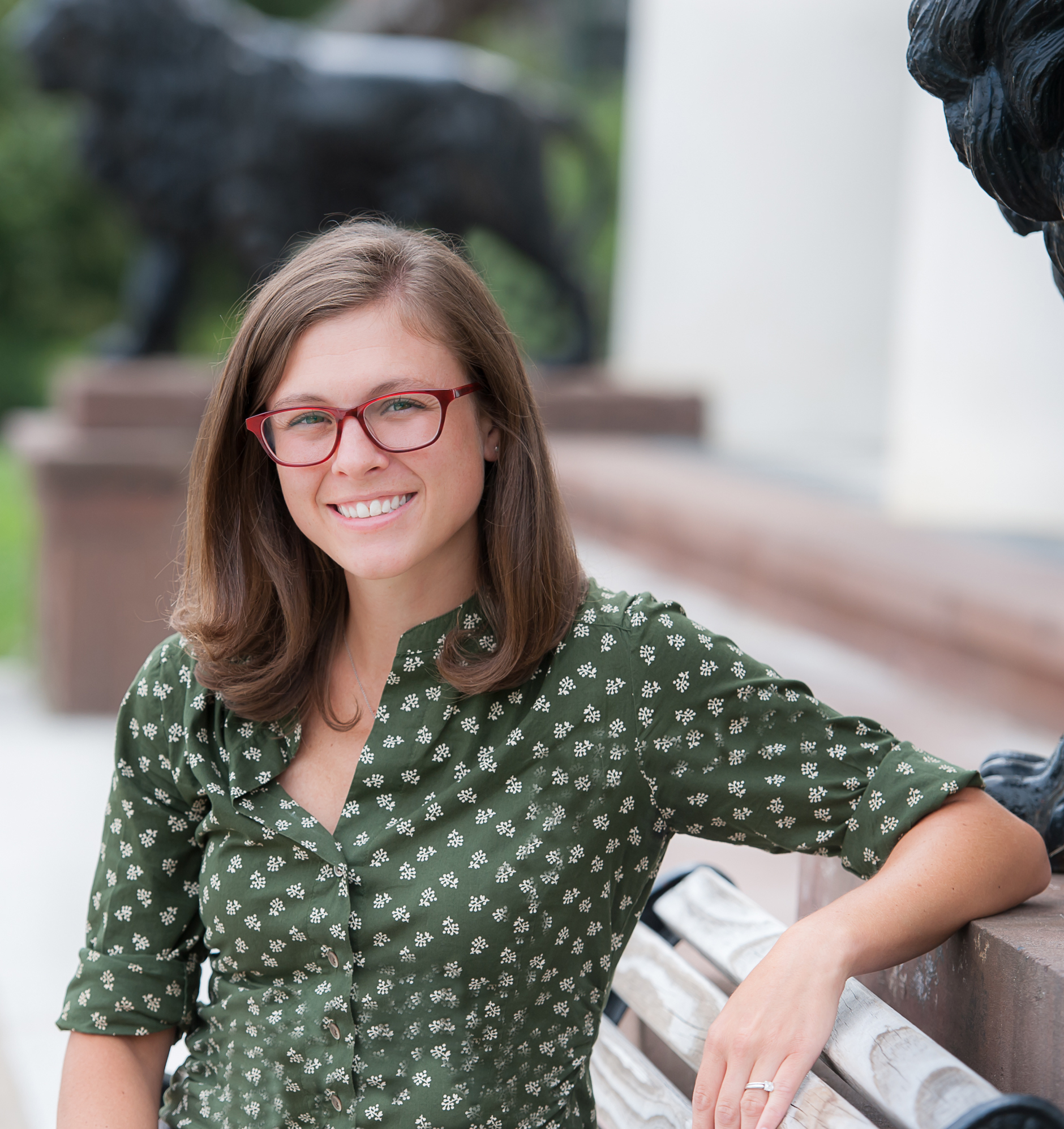
Abby Pfisterer
Abby Pfisterer is the Education Specialist at the Smithsonian's National Museum of American History. She leads the development of resources and programs that use history to foster civic learning and engagement among K-12 students nationwide. She has over ten years of experience working in formal classroom and informal learning settings at museums and historic sites, focusing on progressive education and audience-driven program development. Ms. Pfisterer holds degrees in History, Political Science and Education from Colorado State University and a Master’s degree in Business Administration from the University of Massachusetts. She has also held secondary social studies education licensure, teaching in middle and high school social studies classrooms in Greeley and Fort Collins, Colorado.
Orlando Serrano
Orlando Serrano manages the National Museum of American History’s educational programs for young people and educators. He supports and develops informal educational and leadership experiences for students, professional development workshops for educators, and curriculum content. Dr. Serrano is an experienced educator with expertise in teacher professional development, assessment, instruction, and educational technologies. Dr. Serrano’s research and writing have been funded by a Ford Foundation Fellowship as well as National Science Foundation and NSF EDGE-SBE Grants.
National Portrait Gallery

Ashleigh D. Coren
Ashleigh D. Coren is the Women’s History Content and Interpretation Curator at the National Portrait Gallery, and is also an adjunct lecturer for the University of Maryland’s College of Information Studies. She holds a BA in Art and Visual Culture from Bates College, and an MS in Archives Management from Simmons College.

Briana Zavadil White
Briana Zavadil White oversees the Smithsonian National Portrait Gallery’s education programs, which serves the museum’s access, teen, youth and family, and student and teacher audiences. Inquiry and object-based learning provide the foundation for education programs at the museum. The Portrait Gallery’s programs, gallery experiences, and workshops start with the premise that by reading portraiture, visitors can springboard into rich conversations about biography, history, and art. By modeling learning to look strategies, unique ways to engage in portraiture, the education team hopes visitors will slow down and look closely in order to spark meaning making. Briana holds a B.A. in psychology, with a minor in art history, from the University of Virginia and a M.A.T. with a concentration in museum education from George Washington University.
National Postal Museum

Jessie Aucoin
Jessie Aucoin is the Director of Education & Visitor Services at the National Postal Museum. In her capacity there, she oversees the museum’s volunteer corps and floor staff as well as all programming for museum visitors, students, and teachers. Following years of teaching history and religious studies in the middle and high school classrooms, Jessie transitioned to museum education in 2006. She has since worked in a variety of institutions around the country, including a private library, a National Heritage Area, and multiple museums. She holds Bachelors of Science in both History Education and Social Sciences Education from Illinois State University.

Maureen Leary
Maureen Leary is the Early Learning Programs Manager at the Smithsonian's National Postal Museum, where she develops and leads programs for children from infancy through early elementary and assists with museum programming for learners of all ages. Prior to joining the team at the Postal Museum, Maureen spent over 20 years at the Smithsonian Early Enrichment Center in a variety of roles, including classroom educator, Spanish enrichment educator, and site director. She holds a BA in English from Georgetown University and an M.Ed. in Educational Psychology from the University of Virginia.
Smithsonian American Art Museum
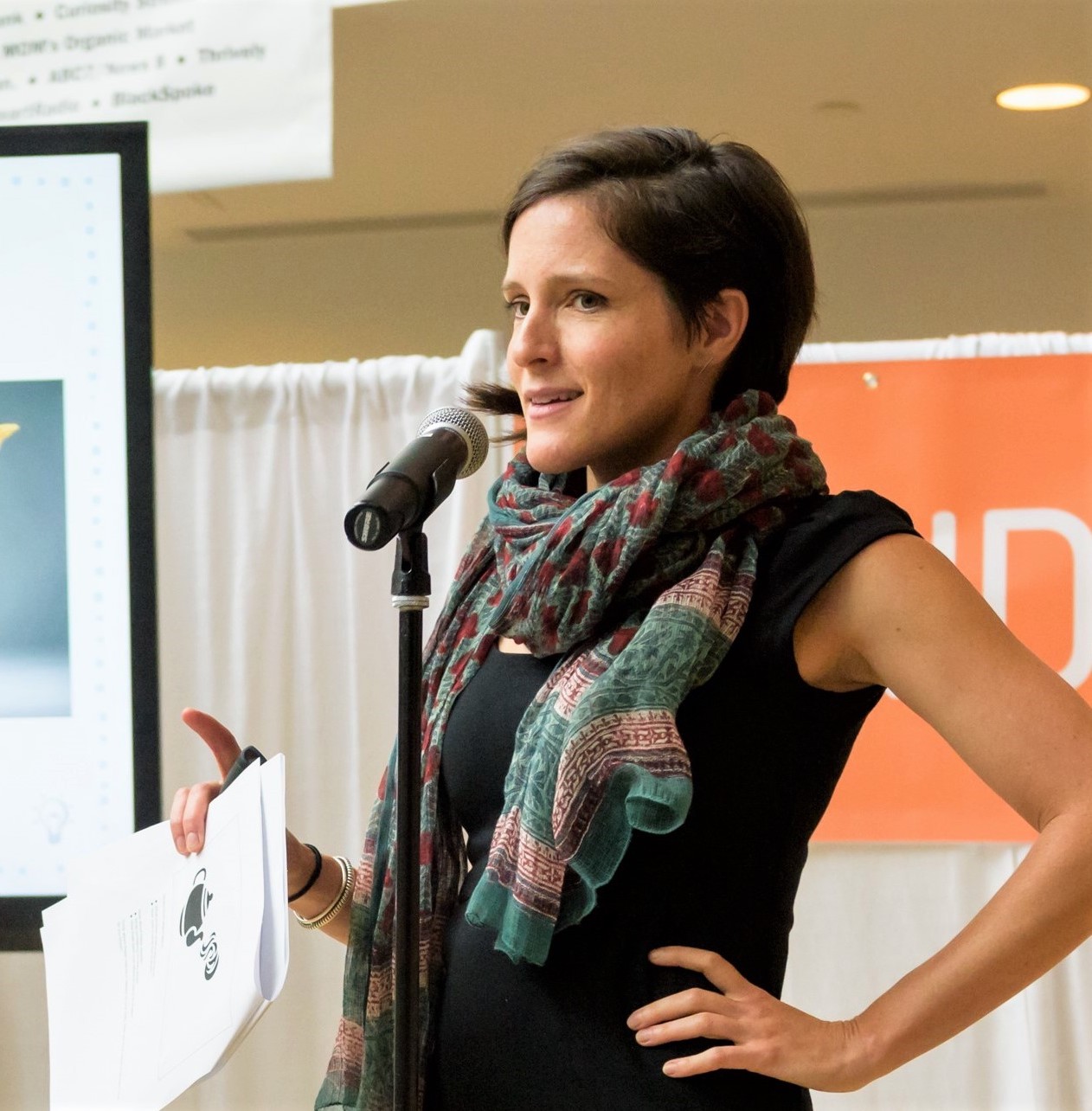
Elizabeth Dale-Deines
Elizabeth Dale-Deines is Teacher Programs Coordinator at the Smithsonian American Art Museum. Since 2014, she has taught DC-area educators and students how to engage with artworks as rich texts and provocation of deeper inquiry. She has presented at regional and national conferences on interdisciplinary education and has collaborated closely with a local research project of Harvard Graduate School of Education’s Project Zero. Elizabeth served as American Art’s Distance Learning Coordinator between 2010 and 2014, bringing the Museum’s collection to lifelong learners in the States and dependents of American military personnel around the world via videoconference. Elizabeth has a B.A. in psychology from the University of Virginia and an M.A.T. in museum education from the George Washington University.
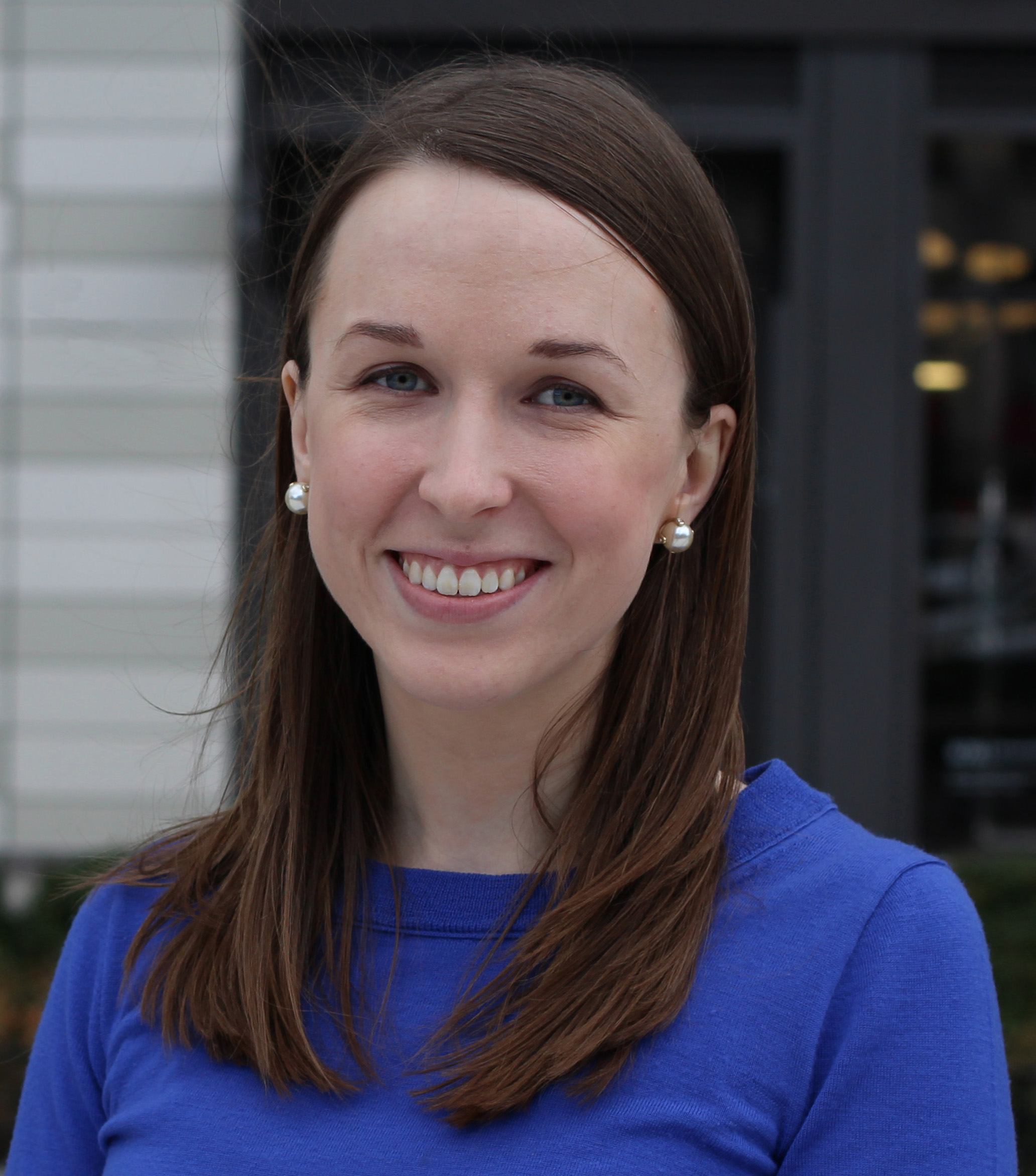
Phoebe Hillemann
Phoebe Hillemann is the Teacher Institutes Educator at the Smithsonian American Art Museum. She manages the Museum’s annual week-long summer teacher institutes, focused on integrating art across the curriculum to bolster critical thinking and content learning. Her work also involves delivering live, interactive webinars for teachers, presenting at national and regional education conferences, and inquiry-based teaching in the Museum’s galleries with students and teachers. Phoebe has a B.A. in art history from Kenyon College, and an M.S. Ed. in Leadership in Museum Education from Bank Street Graduate School of Education.
Smithsonian Center for Learning and Digital Access

Tess Porter
Tess Porter is the Digital Content Producer at the Smithsonian Center for Learning and Digital Access, where she focuses on the use of digital museum resources to deepen learning. Her work on the Smithsonian Learning Lab, an online platform for the creative and educational use of millions of museum resources, involves the research and creation of interactive learning experiences on history, art, and culture for projects both within the Smithsonian and in collaboration with other institutions, and the training of educators and others on how to create their own customized content on the Lab.
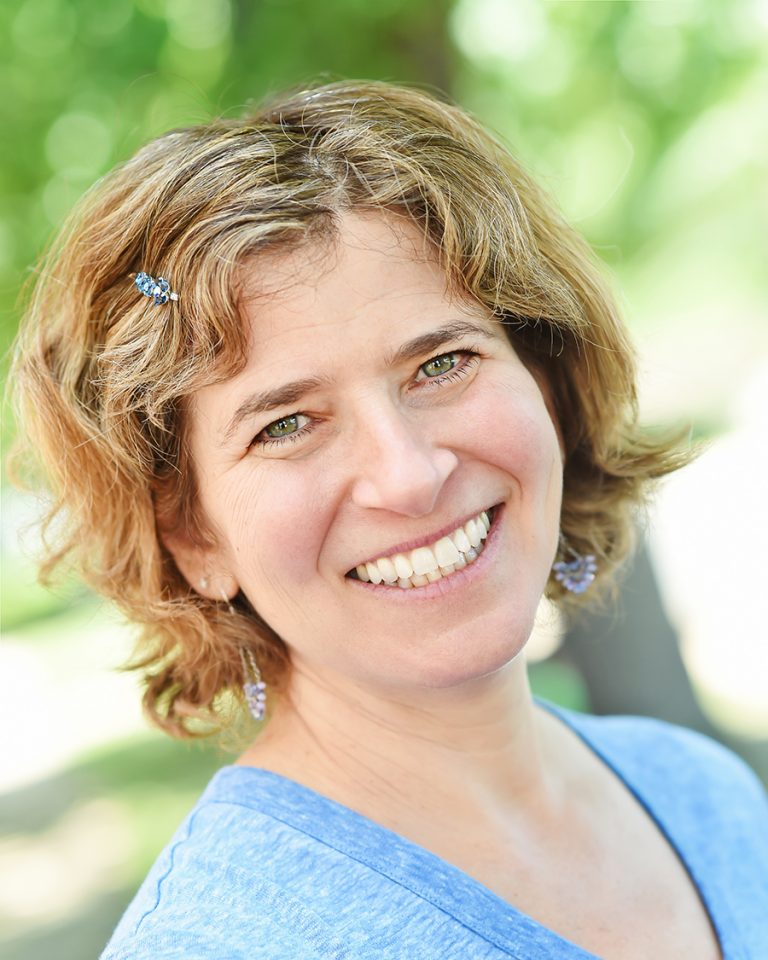
Philippa Rappoport
Philippa Rappoport is the is the Manager of Community Engagement at the Smithsonian Center for Learning and Digital Access, and in this capacity produces a range of community digital education and professional development projects, locally and nationally. She works to create digital assets for educators, schools, families, and new immigrant English Language learners, including Smithsonian Learning Lab teaching collections, YouTube videos with curators, educators, and tradition bearers, a handmade family stories book-making website, and online heritage tours. Philippa has a Ph.D. in Slavic Folklore and Linguistics, and teaches Russian Culture at George Washington University.
